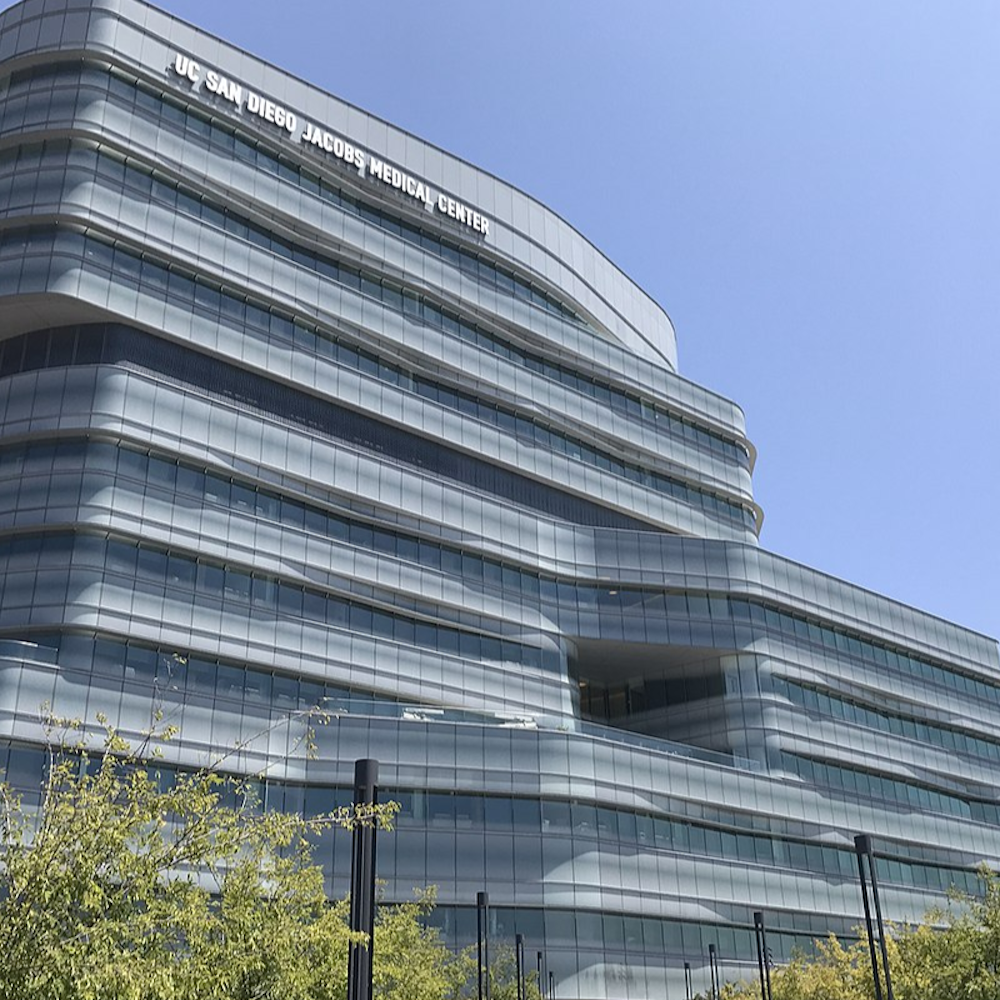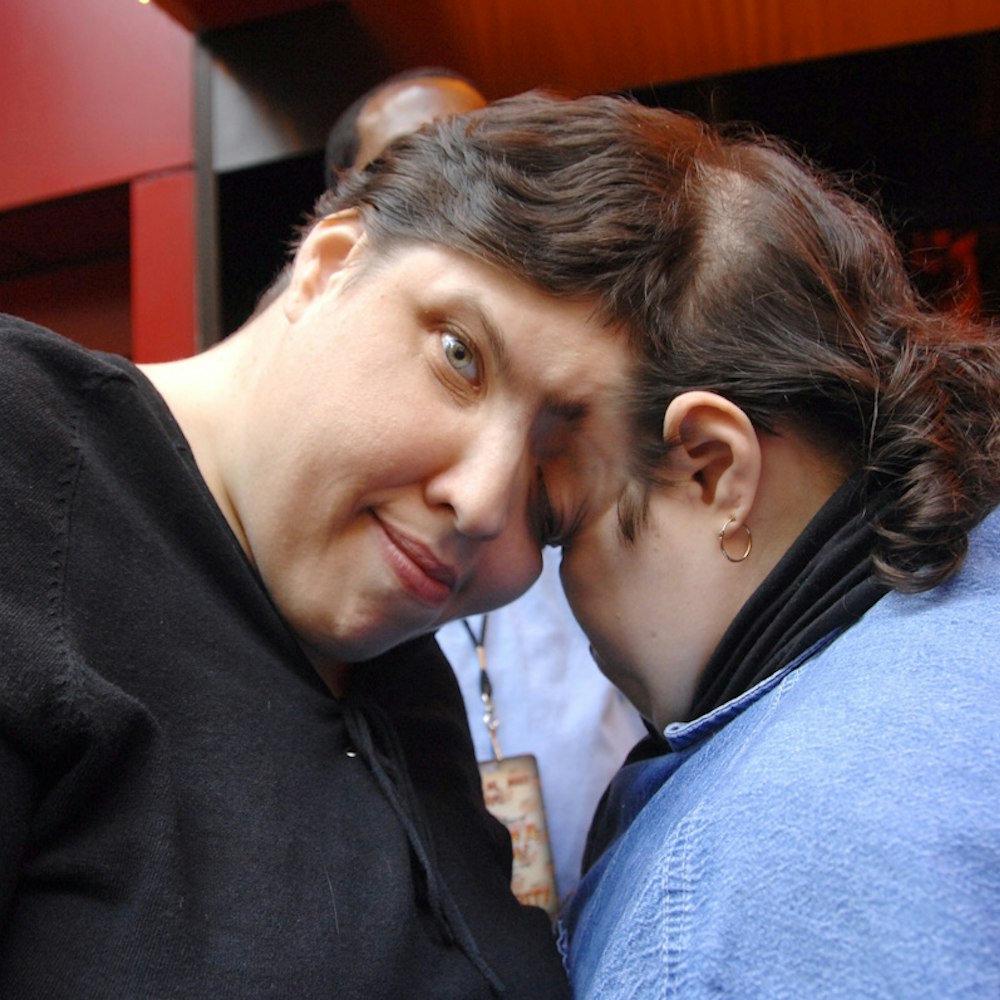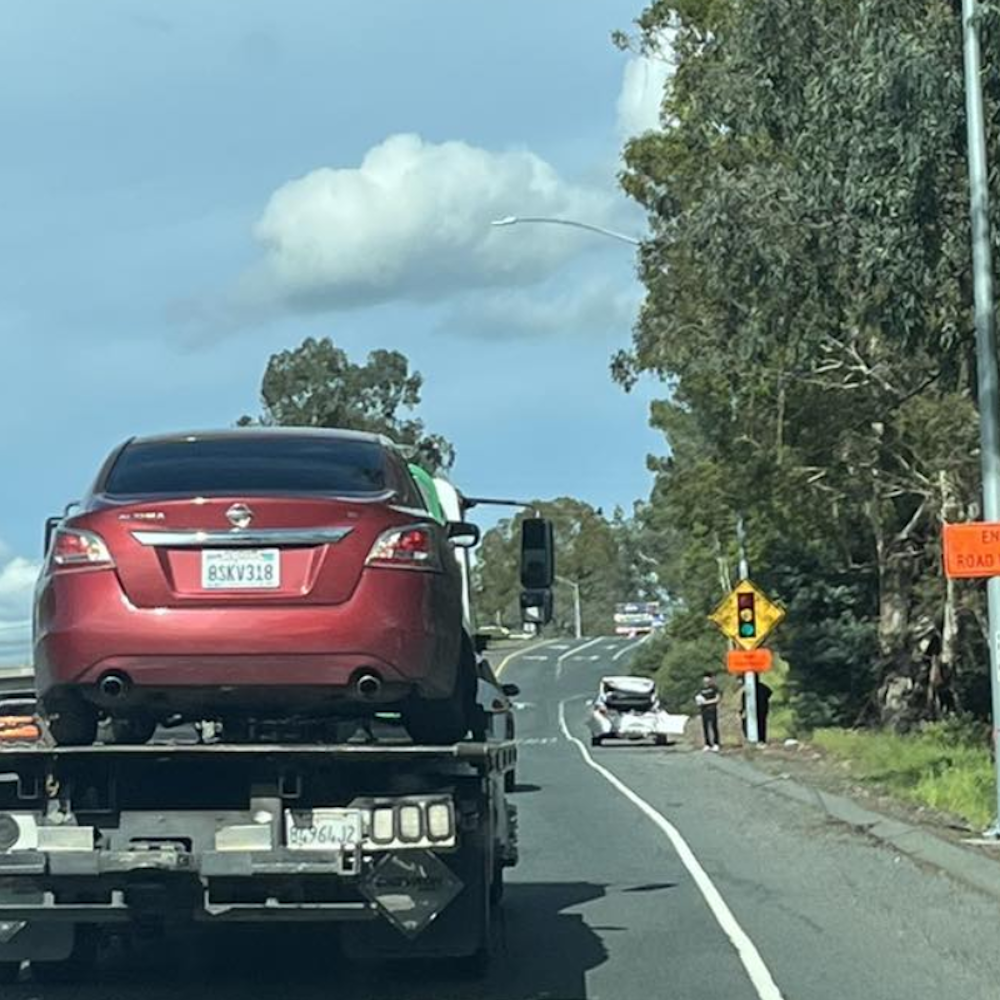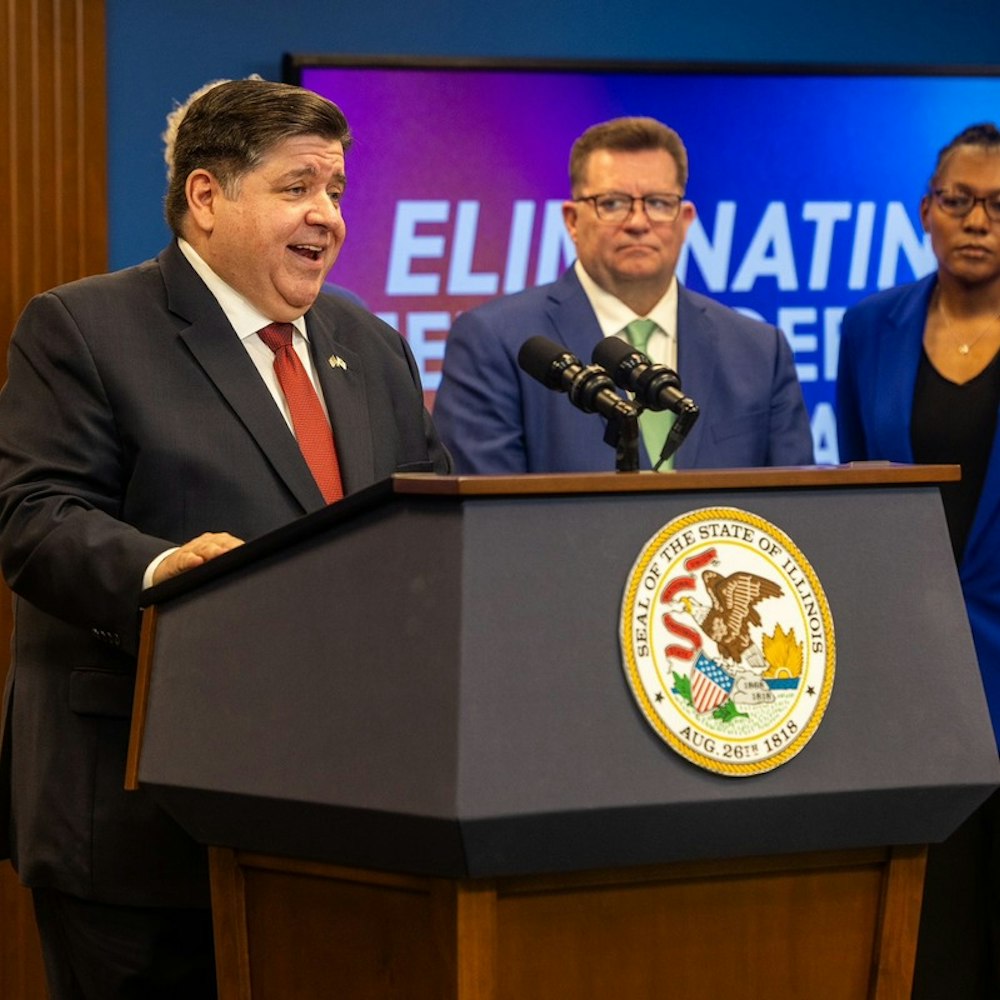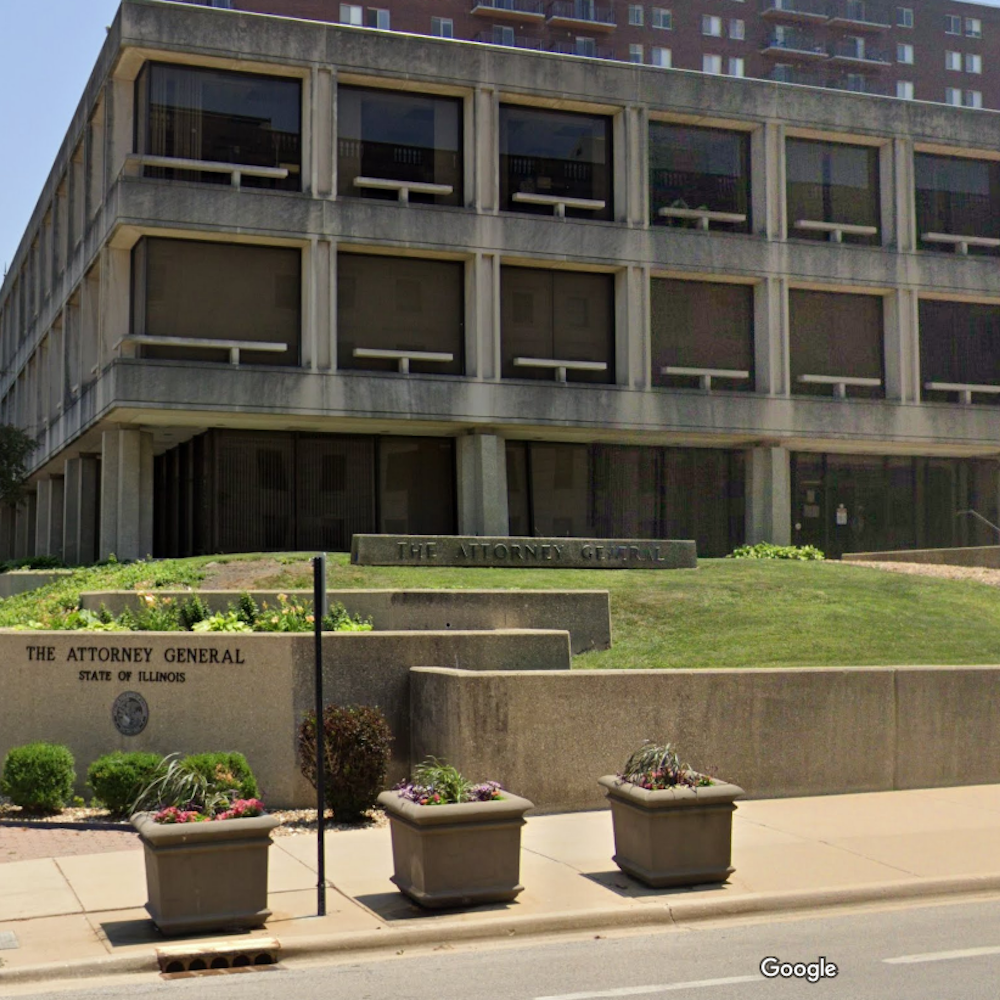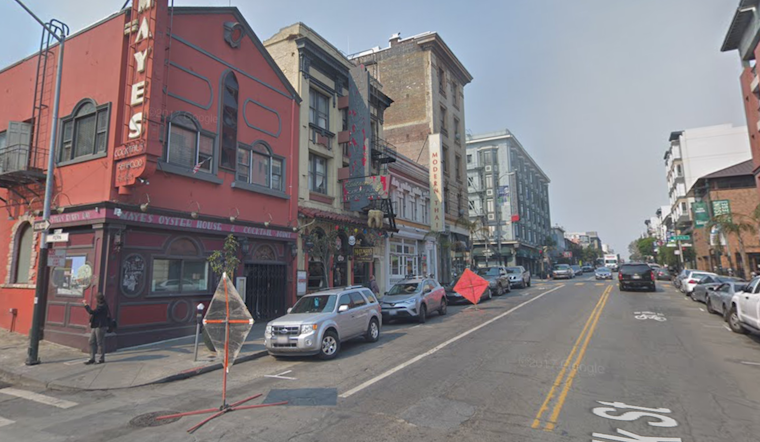
The Lower Polk Community Benefit District (LPCBD) recently launched a new neighborhood advocacy group—the Lower Polk Tenant Landlord Clinic (TLC).
The nonprofit, which describes itself as non-biased, is working with tenants and landlords to find ways to keep residents in their homes.
"It's about attacking the homeless issue at the root instead of after the fact," said LPCBD executive director Christian Martin.
“Our experience shows that our most vulnerable, at risk, and marginally-housed tenants need people who care and who can help them resolve basic problems relating to their landlords,” he added.
“People don’t just magically end up on the street," said Martin. "It’s a slow, sad process, and we seek to intervene before [it happens].”
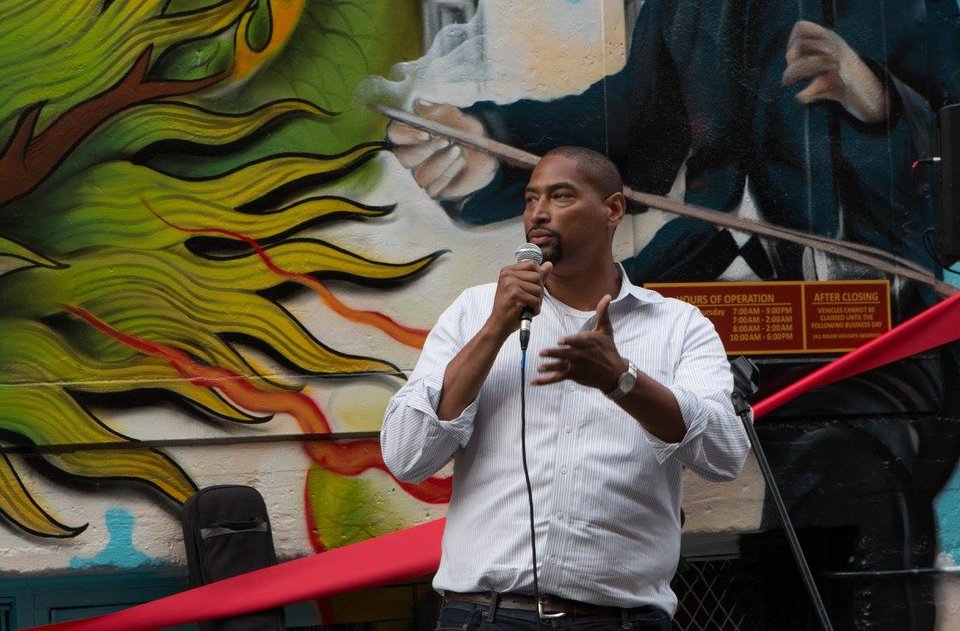
According to Martin, problems can arise when a tenants and landlords take matters to court instead of "trying to work it out beforehand."
To keep disputes out of the legal system, one of the organization's goals is to foster better relationships between landlords and tenants by acting as a counselor or mediator.
"There are better ways to approach issues," said Martin, who added that TLC is "working with the San Francisco Apartment Association, which represents landlords," to add an educational component to its outreach efforts.
While the group can't offer legal advice, the nonprofit refers neighbors to other organizations, such as the Bar Association of San Francisco, University of California Hastings College of the Law, and La Voz Latina, which will handle much of the case management if a neighbor seeks long-term services.
"The target population are people who are often going to have problems with addiction, mental health issues, and possibly physical disabilities," he said.
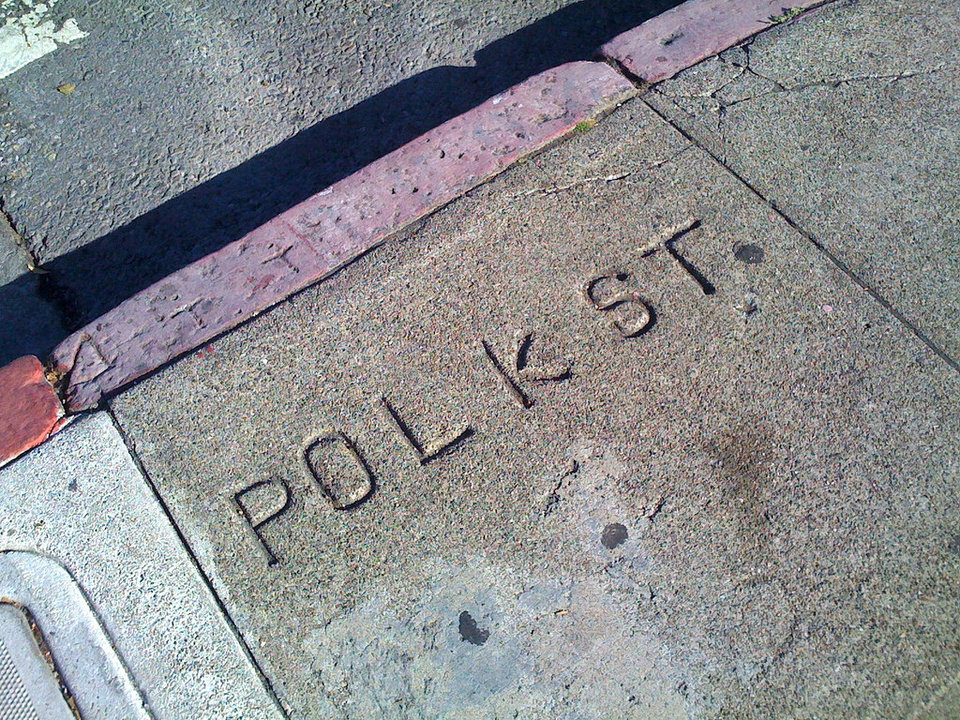
Keeping residents housed is healthy for the neighborhood, Martin said. "It's one of the ways to work again chaotic gentrification by keeping people where they are at. There's a lot to be said to have stable tenancy in landlord's buildings, too."
While the program is still in its infancy, Matin said residents have already contacted the organization for assistance and the group has been reaching out to landlords as another resource.
The program—funded by a grant from the Mayor’s Office of Housing and Community Development—has a small budget for marketing efforts, something that Martin said will be addressed by "guerrilla marketing," reaching out the parent teacher organizations, and canvassing the neighborhood.
For residents to qualify for free assistance from the TLC, tenants must be currently housed, experiencing conflict with their housing provider, be mid-to-low income, and reside in the Tenderloin, Lower Polk and surrounding areas. However, no person seeking help will be turned away, said Martin.




